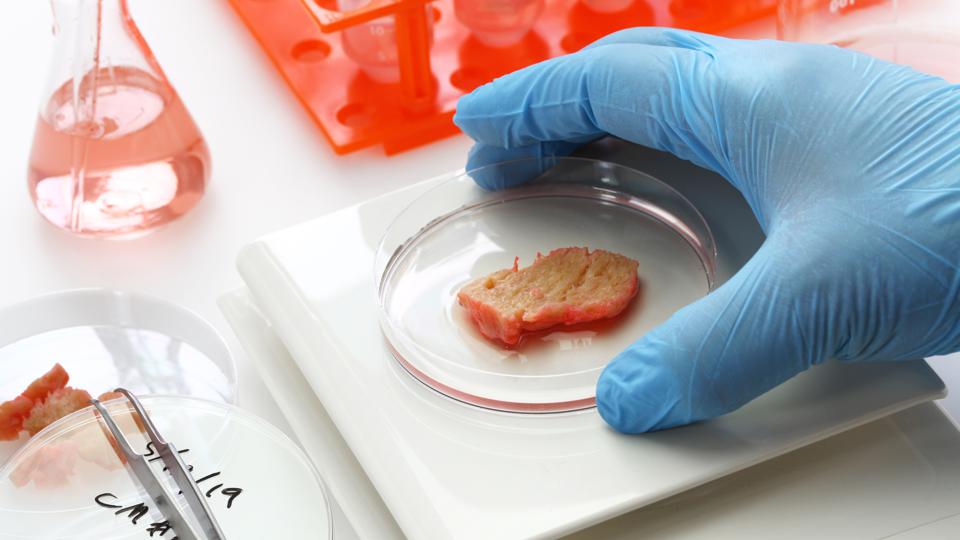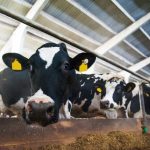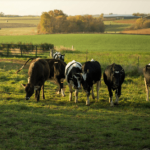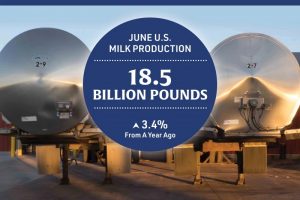
Aside from plans I have already commented on that are now producing a type of meat from stem cells in laboratories, a process that is still difficult and expensive, it is now possible to make dairy products such as ice cream, cheese or even human milk, by creating molecular structures in bioreactors identical to those present in real milk, without the need for cows.
Perfect Day, a San Francisco-based company set up in 2014 intends to “change the process, but not the food”, by developing processes to create milk proteins, including casein and whey, by fermentation in microbiota, specifically from Trichoderma fungi in bioreactors, rather than extracting them from cows’ milk. Using these proteins, the company makes yogurts and ice creams sold directly to a mainly vegan public.
Like Perfect Day, Remilk highlights the fact that its product is not “a milk substitute”, but is milk, with an identical molecular structure and that can be used to create one of the foods that, in absolutely all its versions, is most dear to my heart: cheese. The company recently raised $11.3 million to continue its work on developing a process to create a product that, at least in theory, should be biochemically identical to the original. New Culture is another player in the vegan milk market, synthesizing casein to make dairy products with the flavor, texture and organoleptic characteristics of the original.
Given that our preferences for the tastes, smells and texture of the foods we eat are largely rooted in our upbringing and culture, they are perfectly capable of evolving over time or generations. The processes currently trying to create something that closely resembles a particular food may change in the future, as we become accustomed to new textures and flavors.
The production costs for these types of products are still way higher than their “natural” alternatives (whatever “natural” means, considering the conditions under which animals are kept on the vast majority of farms), but as these processes evolve prices will fall: in the case of laboratory meat, in its relatively short history we have already seen prices drop by a factor of 30,000, putting them within the reach of an ever-larger public; the cost of so-called laboratory food will undoubtedly continue to go down as technology barriers are lowered.
The only question now is how many of us will be prepared to make the change. What percentage of the food we will eat in the future will come from cell multiplication processes or molecule synthesis in a laboratory?
Enrique Dans
Teaching Innovation at IE Business School since 1990, and now, hacking education as Senior Advisor for Digital Transformation at IE University. BSc (Universidade de Santiago de Compostela), MBA (Instituto de Empresa) and Ph.D. in Management Information Systems (UCLA).























